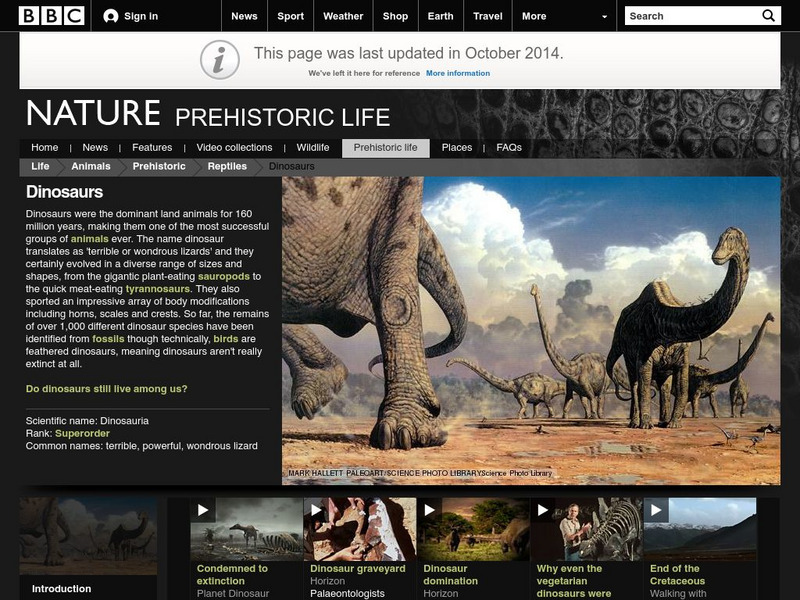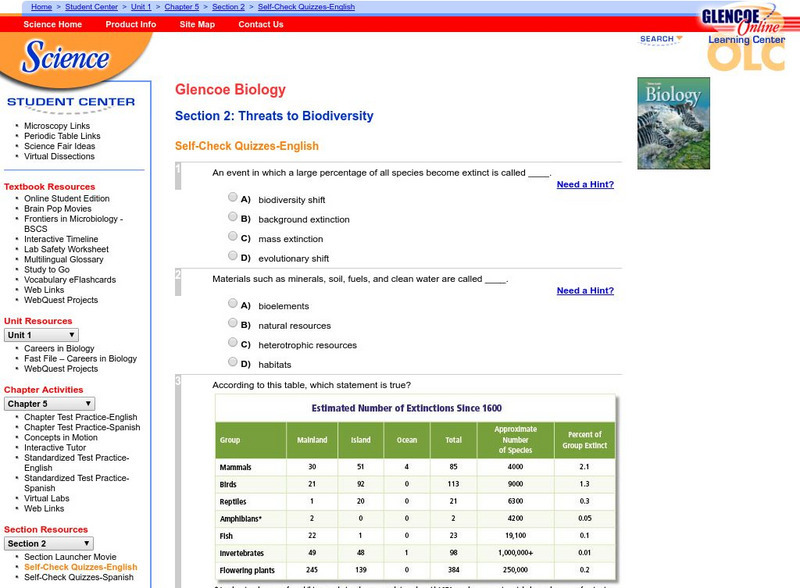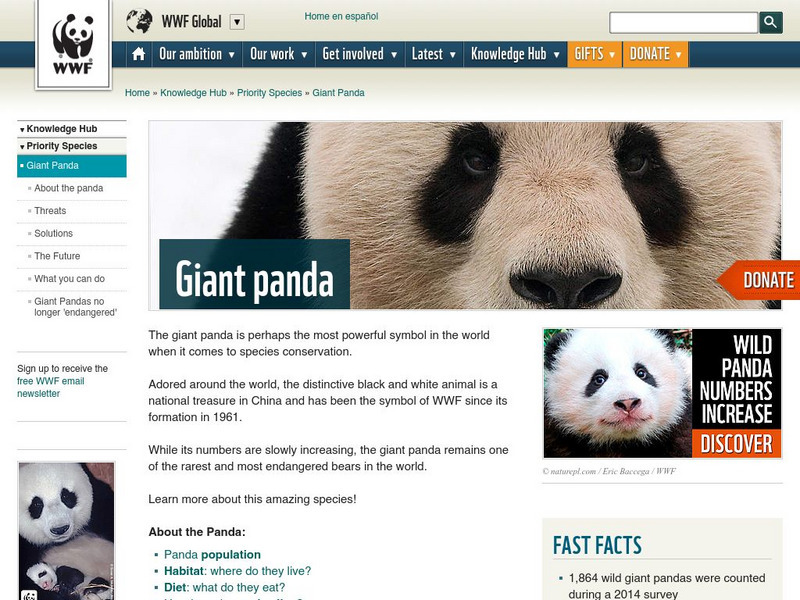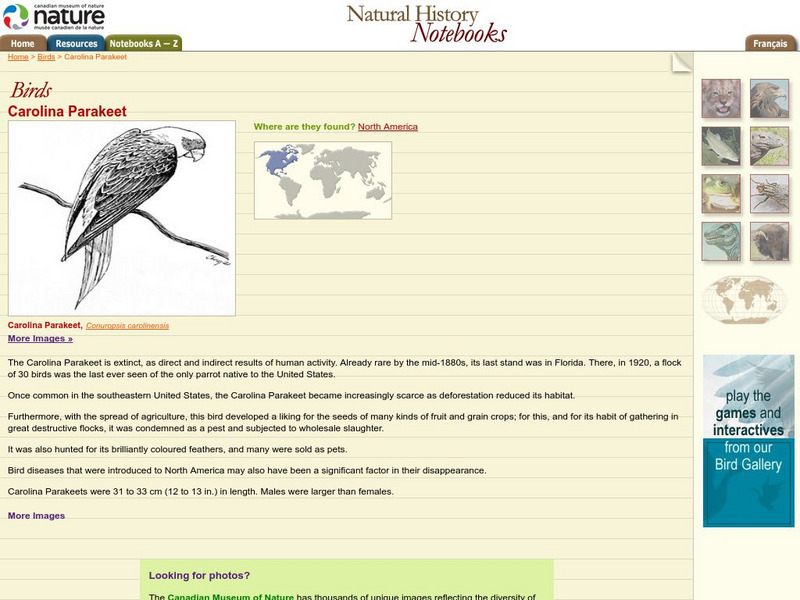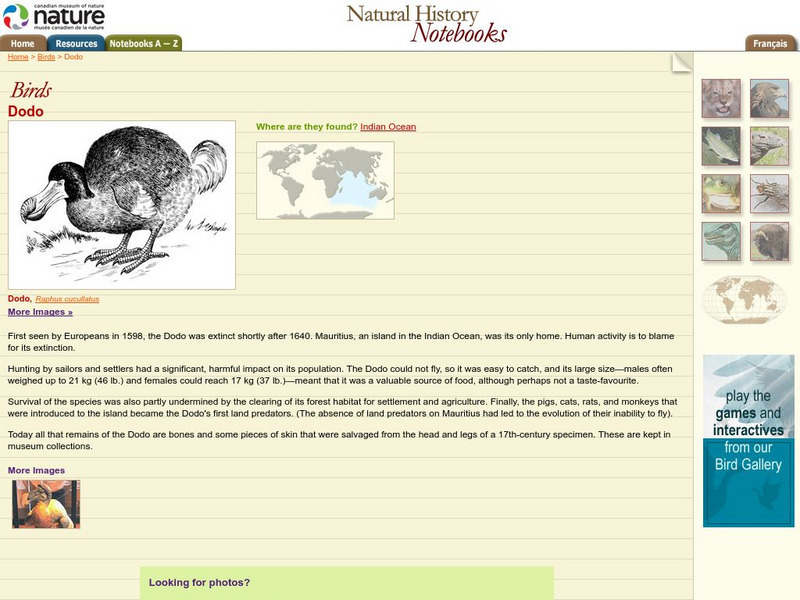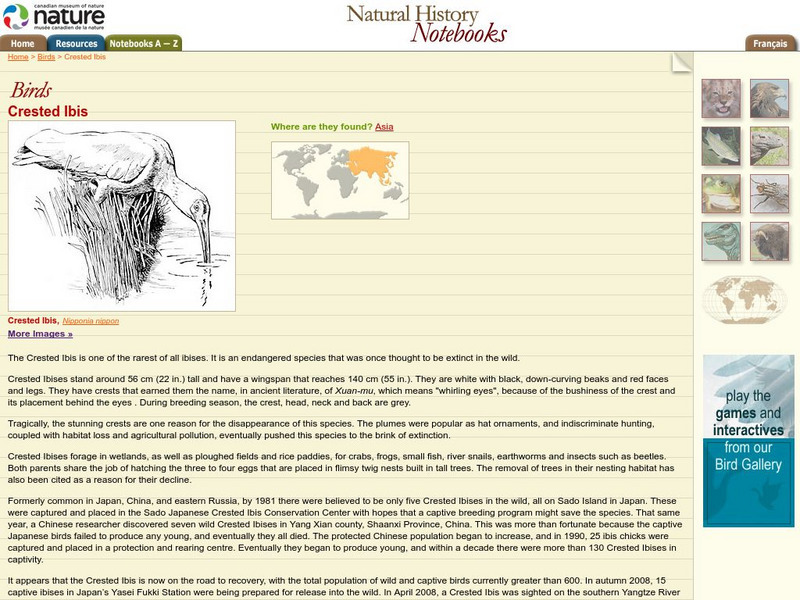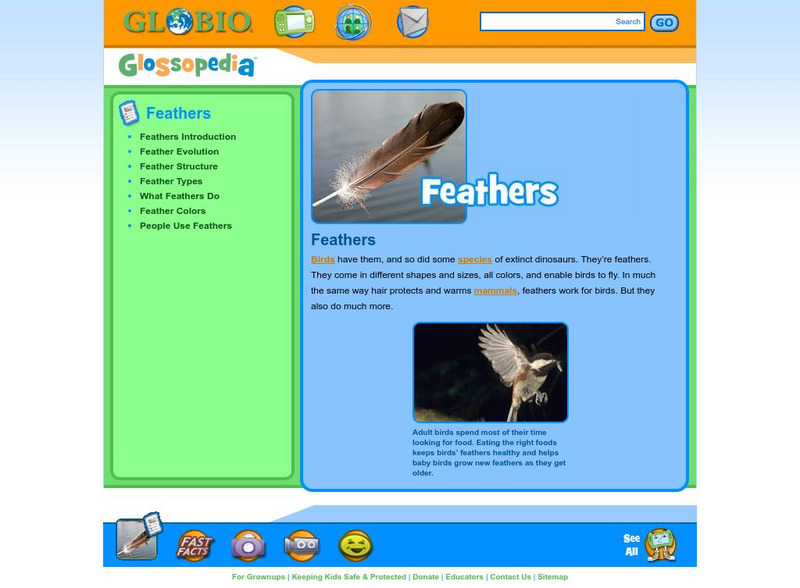Alabama Learning Exchange
Alex: Researching Dolphins as Endangered Mammals
In this interdisciplinary lesson, students work in groups of 3-4 to use the Internet for research. Students create reports and slideshow presentations (optional) defining dolphins as mammals and as an endangered species. Students will...
Read Works
Read Works: Saving Hawaiian Monk Seals
[Free Registration/Login Required] An informational text about the decreasing population of the Hawaiian monk seals. A question sheet is available to help students build skills in reading comprehension.
BBC
Bbc: Rise and Fall of the Dinosaurs
Several articles that trace the chronology of the dinosaur from the Triassic to the Cretaceous. Articles were written to accompany the BBC series, Walking with Dinosaurs.
Other
Georgia Perimeter College: The Permian Period
This resource provides basic information of the changes that took place during the Permian period as well as the animals that populated the Earth during this time.
Read Works
Read Works: Saving the Rain Forests
[Free Registration/Login Required] An informational text about protecting the rainforest and the animals that live there. A question sheet is available to help students build skills in reading comprehension.
McGraw Hill
Glencoe Biology: Threats to Biodiversity: Self Check Quiz
Try these five self-checking quiz questions over the threats to the loss of biodiversity on Earth.
World Wildlife Fund for Nature
World Wildlife Foundation: Giant Panda
This resource provides a general overview of the Giant Panda.
Khan Academy
Khan Academy: Glossary: Harnessing Sci and Educ for Biodiversity Conservation
All of the following terms relate to the topic of harnessing science and education for biodiversity conservation.
DOGO Media
Dogo News: Will This Palm Oil Alternative Save Orangutans?
Read about the effects of palm oil cultivation on the world's rainforests and species who live there, and about the development of a new alternative to palm oil. Includes video.
Canadian Museum of Nature
Canadian Museum of Nature: Great Auk
A profile of the extinct Great Auk is provided here by the Canadian Museum of Nature.
Canadian Museum of Nature
Canadian Museum of Nature: Carolina Parakeet
The Carolina parakeet was once found in the southern United States but is now extinct. The reasons are explained here and you can see a drawing of this lost bird.
Canadian Museum of Nature
Canadian Museum of Nature: Dodo
The Dodo became extinct shortly after 1640 and all that remains of them today are bones and some pieces of skin. Provided is a brief description of their location, characteristics and predators.
San Diego Natural History Museum
San Diego Natural History Museum: Fossil Field Guide: Crassatellid Clam
A look at what fossil evidence reveals about the life and ecological interactions of this extinct species of a clam.
Canadian Museum of Nature
Canadian Museum of Nature: Crested Ibis
The crested ibis was barely saved from extinction in Asia after the last seven known to be alive were put into a protective sanctuary in China. The population has increased and many have been released back into the wild but it is still...
Cosmo Learning
Cosmo Learning: Principles of Evolution, Ecology and Behavior
A collection of video lectures introducing beginning biology students to the principles of evolution, ecology, and behavior. The course was taught three times a week for a semester at Yale University. The course discusses concepts of...
Other
The Cheetahspot
The title says it all. The ultimate site to find out everything you need to know about cheetahs. Content includes information on Cheetah social behavior, diet, appearance, locomotion, vocals, habitat, history, and more.
TeachEngineering
Teach Engineering: Life Science
This unit covers the processes of photosynthesis, extinction, biomimicry and bioremediation. In the first lesson on photosynthesis, students learn how engineers use the natural process of photosynthesis as an exemplary model of a complex...
CK-12 Foundation
Ck 12: Episd: Genetic Variation
[Free Registration/Login may be required to access all resource tools.] How does genetic variation protect species from extinction? Understand sexual reproduction and the importance of both random fertilization and independent assortment.
Howard Hughes Medical Institute
Hhmi: Bio Interactive: Explore Your Inner Animals
Did you know parts of our body was inherited from distant animal ancestors? In this interactive students will investigate different anatomical features of the human body to reveal our evolutionary history. Learn how humans share...
Globio
Glossopedia: Feathers
Birds have them, and so did some species of extinct dinosaurs. They're feathers. They come in different shapes and sizes, all colors, and they enable birds to fly. Lots of information can be found in this article.
American Museum of Natural History
American Museum of Natural History: O Logy: Layers of Time: Fossil Game
Game through which students order layers of sedimentary rock, from oldest to newest, based on the type of fossils they contain.
PBS
Pbs: Nature: Frogs: The Thin Green Line
PBS documentary explores threats to the continuing survival of frogs at locations around the world owing to habitat loss, pollution, and a fungus called chytrid now known to be responsible for killing large numbers of amphibians. [50:31]
CK-12 Foundation
Ck 12: Life Science: Types of Mollusks
[Free Registration/Login may be required to access all resource tools.] There are approximately 160,000 living species and probably 70,000 extinct species of mollusks. They are typically divided into ten classes, of which two are...
Curated OER
Ny Times Learning Network: Wild Wildlife
In this lesson, students investigate the moral, economic and ecological impacts of the extinction of various animal species. Students first assess how and why people support and refute actions that lead to the extinction of animals. They...




